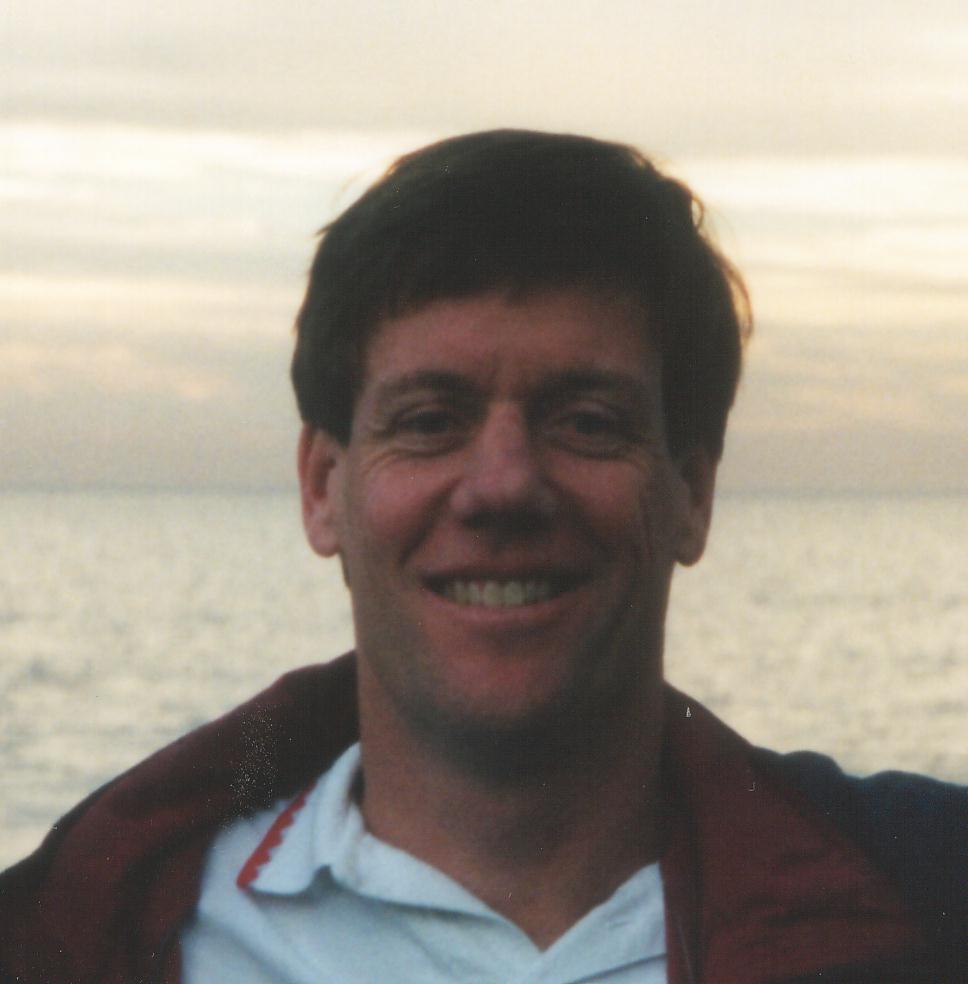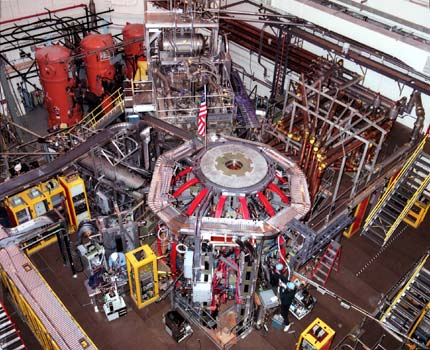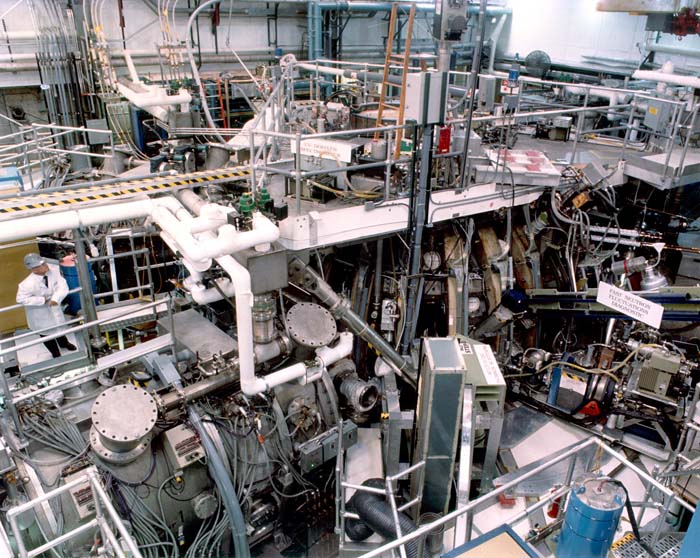William Heidbrink

|
Professor of Physics
Experimental Plasma Physics (949) 824-5398 |
Professor Heidbrink studies energetic particles (energies much greater than thermal) in magnetic fusion experiments. Instabilities that are driven unstable by the free energy in the energetic-particle population (either fast-ion or runaway-electron) are a major area of study. Other important topics include diagnostic development and measurements of fast-ion confinement. The research is conducted throughout the world. The DIII-D tokamak in San Diego is the leading magnetic fusion facility in the USA. The properties of fast ions in a spherical tokamak are measured in the NSTX-U device at Princeton and the MAST-U device in England. The confinement of fast ions in stellarators is studied at the Large Helical Device in Japan. He also develops diagnostics for new facilities such as the JT-60SA tokamak in Japan. An introduction to this research area appears in a 2015 Physics Today article. Introductions at the level of plasma physics graduate students appeared in a 2008 review paper and a 2020 tutorial . A new emphasis of his research program is to measure the lifetime of spin polarized fuel since, if the reacting nuclei preserve their polarization, the fusion cross section is enhanced by 50% (for deuterium-tritium reactions).
In addition to his research, Professor Heidbrink enjoys teaching all levels of the curriculum, from large introductory courses to graduate plasma physics. He also trains undergraduates to perform physics assemblies in neighboring elementary schools.
More personally, view his "What matters to me and why" presentation, where he uses swim fins, a Bible verse, a liquid nitrogen cannon, and a Russian clock to illustrate four activities that are important to him.
UCI "Adventures in Physics" Outreach Program
Ph.D. Students, Postdocs, and Recent Dissertations

|
